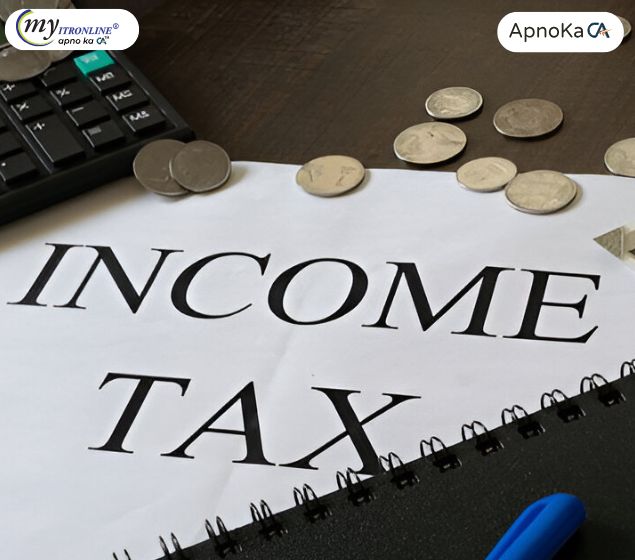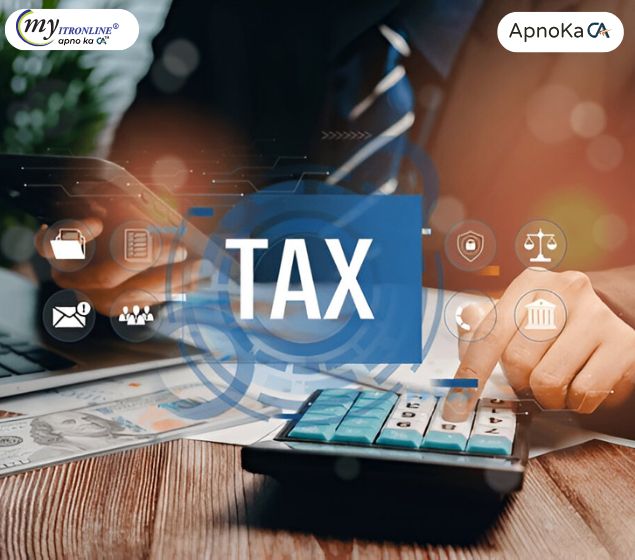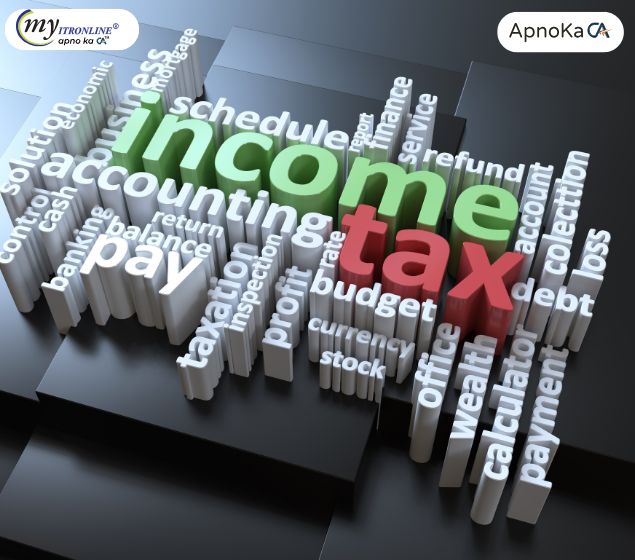# finance
12 posts in `finance` tag

CBDT Notifies ITR Forms 1-7 for AY 2025-26 (FY 2024-25): What Taxpayers Need to Know
The CBDT has notified the ITR forms (1-7) for AY 2025-26, incorporating changes from the Finance Act, 2024. This blog provides a comprehensive overview of the key modifications in each form, focusing on changes in capital gains reporting, eligibility criteria, deduction disclosures, and other compliance requirements to help taxpayers prepare for the upcoming filing season.
.jpg)
CBDT Notifies ITR Form 2 Early for AY 2025-26 | Start Your Tax Prep!
The Central Board of Direct Taxes (CBDT) has notified ITR Form 2 for Assessment Year 2025-26 through Notification No. 43/2025 dated May 5, 2025. This early release benefits individuals and HUFs without business/professional income but potentially having capital gains, foreign assets, multiple house properties, or income over ₹50 lakh (₹50 lakh), allowing more time for preparation. The blog explains who should file ITR-2, highlights the significance of early notification for taxpayers and professionals, discusses potential areas of change (like capital gains reporting), and outlines actionable next steps for taxpayers to begin their FY 2024-25 tax filing preparations.

ITR-3 AY 2025-26 Key Changes: CBDT Notification & Updates Guide
CBDT has notified ITR-Form 3 for Assessment Year 2025-26 (FY 2024-25) via Notification No. 41/2025. This affects Individuals/HUFs with business/professional income. Key updates include a split Capital Gains schedule (pre/post July 23, 2024), new conditions for claiming share buyback loss (post Oct 1, 2024), an increased asset/liability reporting threshold to ₹1 crore, addition of Sec 44BBC reference, enhanced reporting for deductions like 80C & 10(13A), and mandatory TDS section code reporting. Taxpayers should review these changes for compliant filing.

High Income Taxpayers: Essential Update on Surcharge & Marginal Relief (AY 25-26 & Budget 25)
This blog explains the concept of income tax surcharge and marginal relief in India for AY 2025-26 (FY 2024-25). It details the current surcharge rates under both old and new tax regimes and illustrates how marginal relief prevents excessive tax liability near surcharge thresholds. Additionally, it covers key Budget 2025 proposals affecting FY 2025-26 (AY 2026-27), including revised tax slabs, increased rebate under Sec 87A, and a new type of marginal relief linked to the rebate threshold.

CBDT Guidelines on Section 37(1): What Business Expenses Are Now Disallowed?
This blog post examines the clarified disallowances under Section 37(1) of the Income Tax Act following the Finance Act 2022 amendment to Explanation 1. It details how expenses related to illegal activities, penalties, compounding fees, prohibited benefits/perks (like certain freebies), and violations of foreign laws are now more explicitly non-deductible, emphasizing the need for businesses to ensure compliance and maintain thorough documentation.

19.2 Lakh Salary, Zero Tax? The Truth About India's New Tax Regime (FY 2025-26)
Analyzes the feasibility of achieving zero income tax on 19.2 lakh earnings under India's new tax regime (FY 2025-26 / Section 115BAC). Details the regime's rules, standard tax calculation, and debunks the zero-tax claim by highlighting the reliance on disallowed deductions (HRA, LTA, flexi-allowances). Concludes it's unrealistic for most salaried individuals

India's New 1% TCS Rule: What Buyers & Sellers of Luxury Goods Over 10 Lakh Must Know
This post details India's new 1% Tax Collected at Source (TCS) regulation, effective April 22, 2025, under Section 206C(1F). It applies to specific luxury goods (watches, art, yachts, etc.) when the sale value exceeds ₹10 lakh. The article explains the TCS mechanism, lists affected items, clarifies calculation, outlines buyer and seller responsibilities, differentiates it from Section 206C(1H), and highlights that the TCS paid is adjustable against the buyer's income tax liability.

Official Clarification: UPI Transactions Above 2,000 Remain GST-Free
The Indian government affirms there is no GST on UPI transactions exceeding 2,000. This post clarifies that the confusion arose from NPCI's March 2023 introduction of interchange fees (up to 1.1%) specifically for merchant payments over ₹2,000 made via PPI wallets; this fee is not GST and isn't paid by customers. Standard bank-to-bank UPI remains free due to the MDR waiver. The government actively supports UPI growth through incentive schemes.

Exciting Update for NSS Investors! The Section 194EE Exemption Renders 80CCA Withdrawals Free from Tax.
Recent updates clarify that NSS withdrawals associated with Section 80CCA deductions are exempt from TDS under Section 194EE. Investors can receive the complete principal amount without tax, with only the interest being subject to taxation.
.jpg)
Interpreting the CBDT’s Seventh Amendment Rules, 2025: Section 194T and Its TDS Effects.
The 7th Amendment Rules 2025 established by the CBDT introduces Section 194T, which requires a 10% TDS on salaries, bonuses, commissions, and other earnings. Understand its implications, necessary compliance measures, and how both businesses and individuals should adjust.
.jpg)
Finance Bill 2025 Update: Big Relief for Taxpayers on Income Tax Search Rules
The Indian government has updated the Finance Bill 2025, substituting "total income" with "total undisclosed income" in important sections of the Income Tax Act. This amendment lowers the liabilities for taxpayers, encourages compliance, and simplifies assessments in instances of search and requisition.
.jpg)
Tax Reforms for LLPs & Partnership Firms: What’s Changing in April 2025?
With effect from April 1, 2025, the Finance Act implements major income tax reforms for partnership enterprises and limited liability companies in India. This article examines the changes that are expected, their possible effects, and practical measures that companies may take to ensure a seamless transition.
